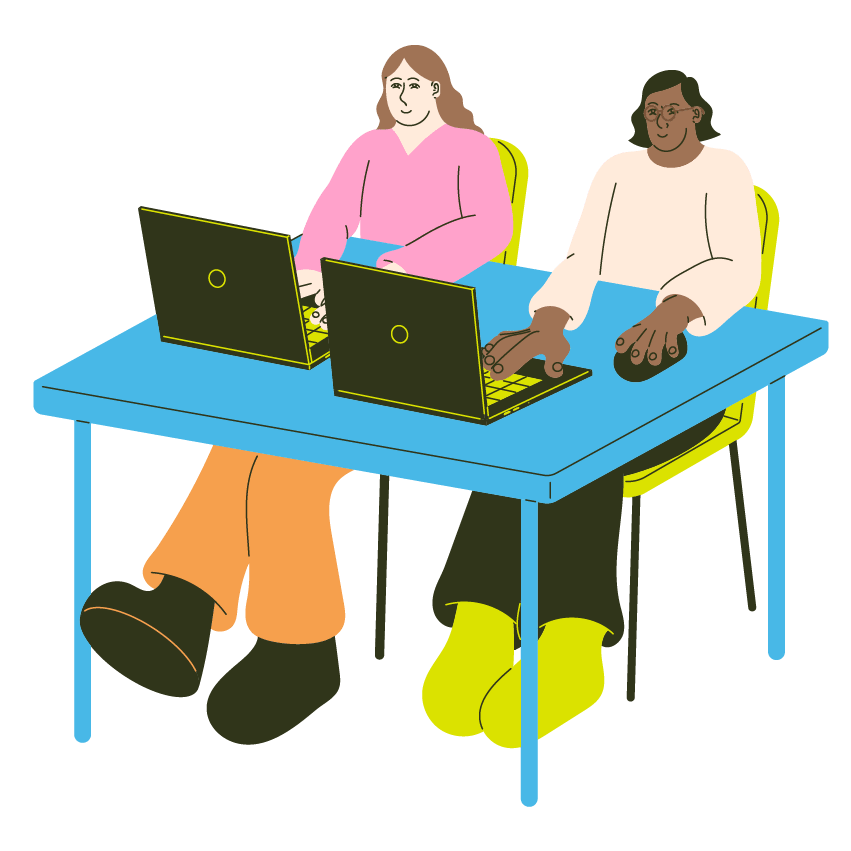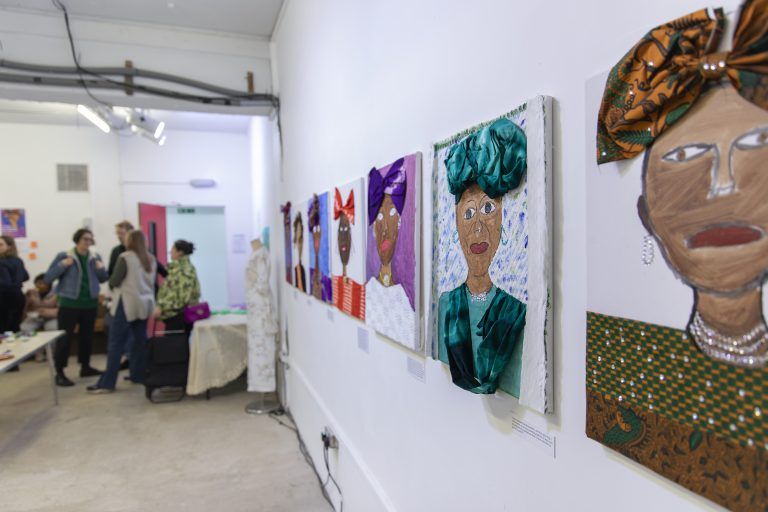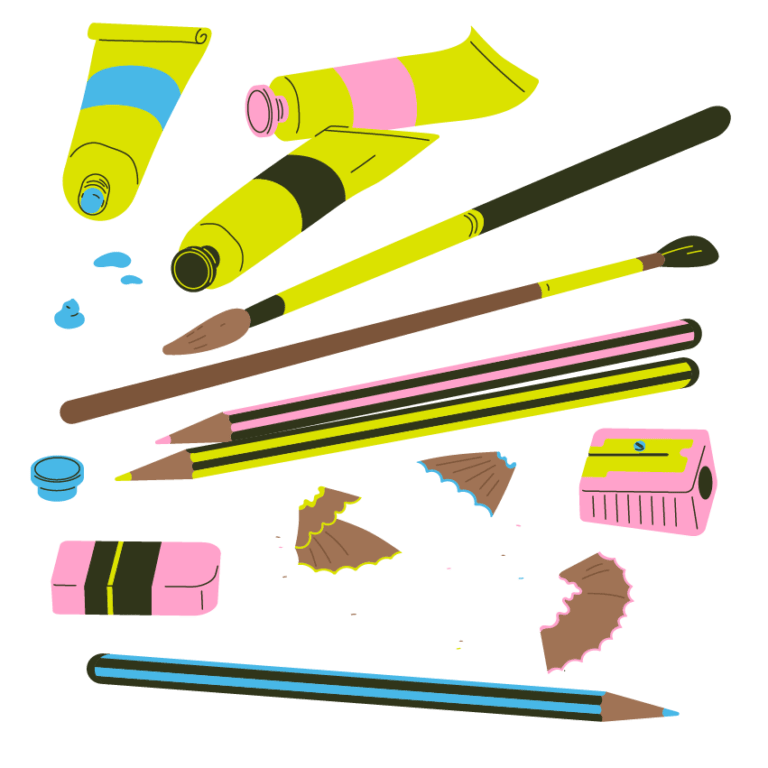Challenges encountered
Language barriers: We initially planned to meet with our refugee clients once a week for an hour-long appointment but found that additional time was necessary due to language barriers.
Personal barriers: Various challenges, such as personal barriers and low English proficiency, hindered some outcomes for clients aiming to secure employment within 2–3 months.
Expectations: Many clients had high-level qualifications and established careers before resettling in the UK, but often had to apply for lower-paid positions in manual labour sectors until their English improved.
Referrals: Despite employing various marketing methods and maintaining a regular presence at the Refugee Resettlement Drop-In sessions with Moray Council, generating referrals proved challenging at times.
Disengagement: Disengagement often stemmed from personal barriers and competing priorities, and potential duplication of services within the Moray Pathways partnership may have contributed.





